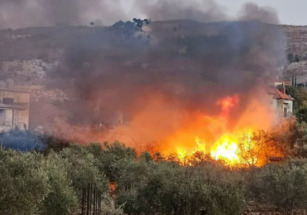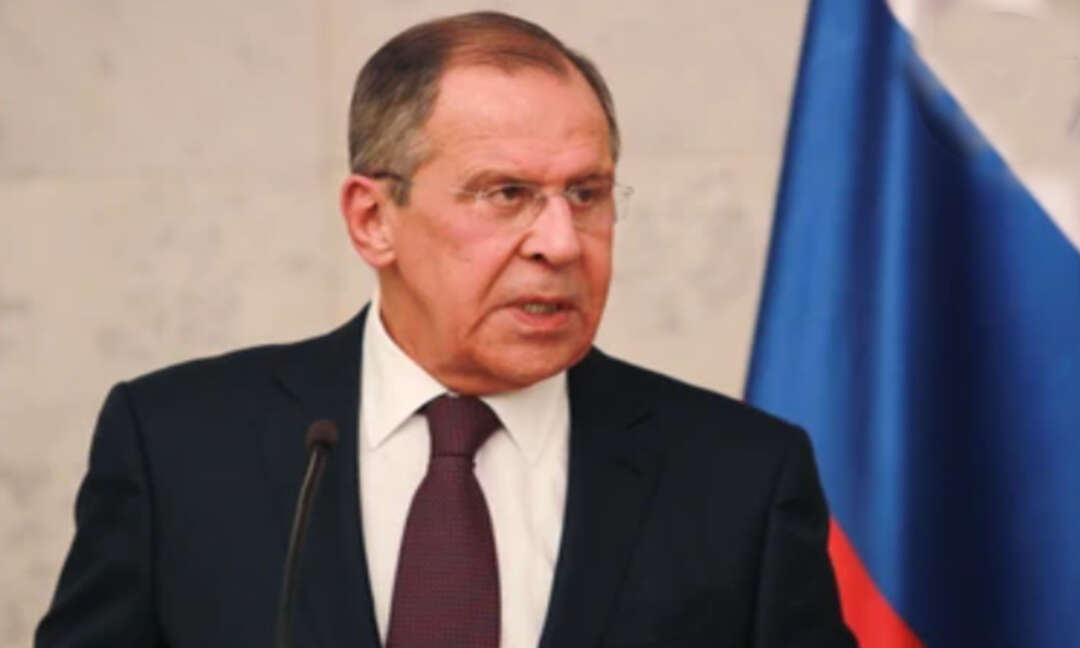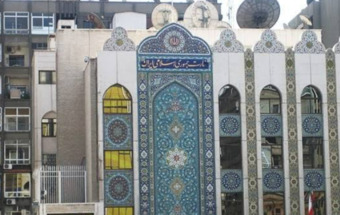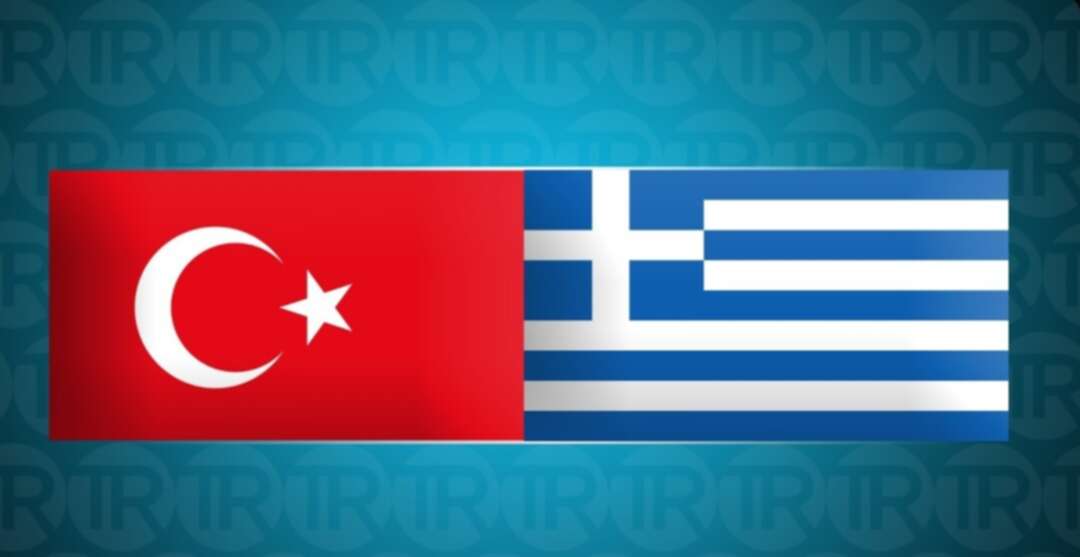-
Tunisian President Kais Saied draws security powers into dispute with PM
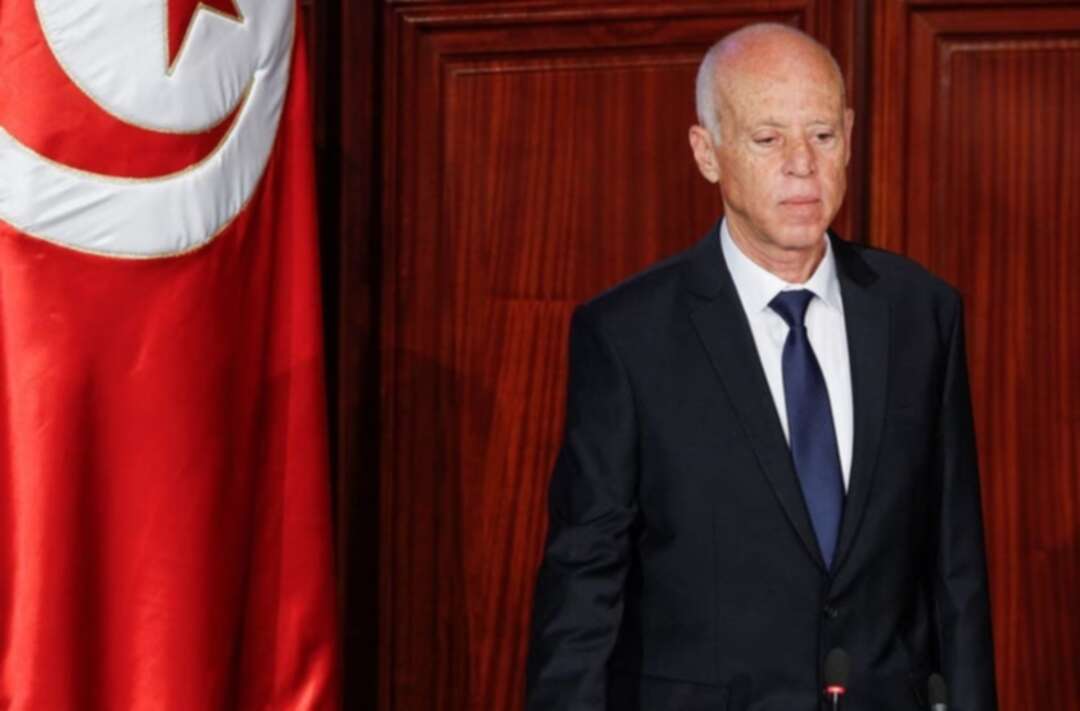
Tunisian President Kais Saied said on Sunday that his powers as commander of the armed forces also cover the internal security forces, not only the army, in the latest escalation of his dispute with the prime minister.
Saied’s comments threaten to draw the sensitive Interior Ministry into the political arena and potentially divide the security establishment as Tunisia’s young democracy grapples with a coronavirus-induced slump as well as militants.
Tunisia’s 2014 constitution has until now been widely interpreted as putting the internal security forces and the Interior Ministry under the control of the prime minister.
“The president is the supreme commander of the military and civilian armed forces. Let this matter be clear to all Tunisians ... I do not intend to monopolize these forces, but the constitution must be respected,” Saied said in a speech attended by his political adversaries, the speaker of parliament and the prime minister.
Saied is a professor of constitutional law whose surprise election victory in 2019 has rattled Tunisian politics.
The dispute erupted when Saied refused this year to approve a reshuffle that included the dismissal of ministers close to him including the interior minister, Taoufik Charefddin.
Since then, Prime Minister Hichem Mechichi has held the position of acting Interior Minister.
Mechichi responded to Saied’s speech by saying: “There is no need for individual, odd readings which, moreover, are taken out of context.”
Tunisia was meant to establish a constitutional court to adjudicate such disputes by 2015, but politicians have been unable to agree on the names of the judges to sit on it.
source: Reuters
Image source: Reuters
Levant
You May Also Like
Popular Posts
Caricature
Syrians' concerns now
- December 10, 2024
Syrians' concerns now #Syria
#Bashar_al-Assad
#Liberation_of_Syria
#Syrians
#Future_of_Syria
#Levant_News

opinion
Report
ads
Newsletter
Subscribe to our mailing list to get the new updates!



